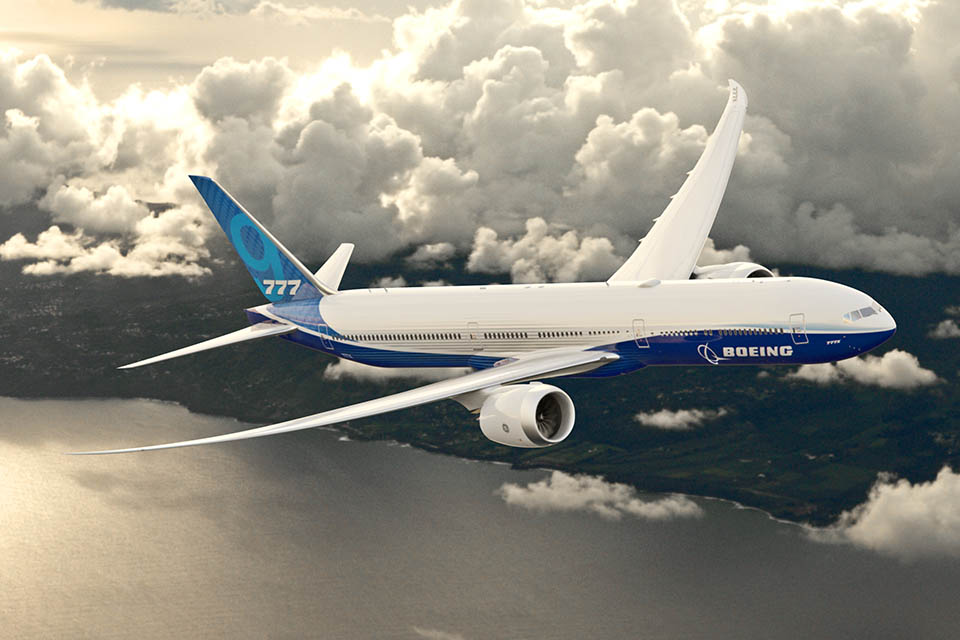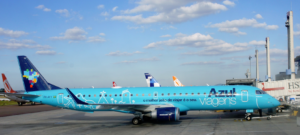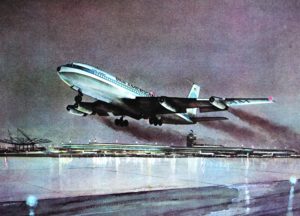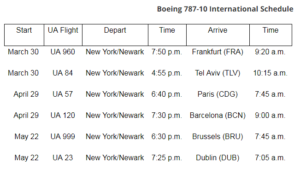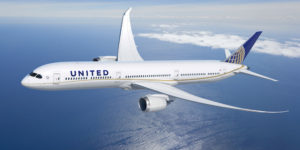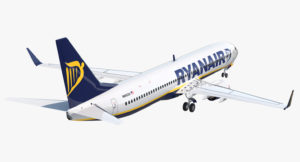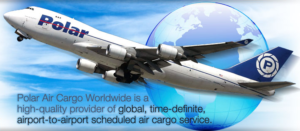(Reuters) – American Airlines Group Inc (AAL.O) shares fell as much as 11 percent on Thursday after the biggest U.S. carrier cut its estimate for a closely watched measure of performance, raising concerns that slowing global growth may be weakening travel demand.
The losses in American’s shares also weighed on the broader airline sector. Delta Air Lines Inc (DAL.N) fell 3.4 percent, United Continental Holdings Inc (UAL.N) 2.1 percent and Southwest Airlines Co (LUV.N) 2.6 percent.
American’s announcement comes a week after rival Delta Air Lines Inc (DAL.N) cut its quarterly unit revenue estimate due to lower-than-expected improvement in fares booked last minute.
“The U.S. airlines are set to contend with easing unit revenue trends due to decelerating economic growth, lower fuel, and foreign exchange pressures,” Morgan Stanley analyst Rajeev Lalwani wrote in a note earlier this week.
The company said it now expects unit revenue, which compares sales to flight capacity, to increase about 1.5 percent in the quarter, compared with its earlier estimate of 1.5 percent to 3.5 percent rise. (http://bit.ly/2D1GRZi)
American also lowered full-year earnings per share expectation to a range of $4.40 to $4.60, from $4.50 to $5 earlier.
The airline said it expects its fuel expense to reduce in the fourth quarter to between $2.22 and $2.27 per gallon, compared with $2.30 to $2.35 per gallon earlier.
Investors have been fretting over lower fuel costs and the airlines’ ability to increase ticket prices, as a decline in fuel prices in 2016 and 2017 led U.S. airlines to competitively discount fares, hurting revenue.
Analysts were expecting earnings of $4.62 per share, according to IBES data from Refinitiv.
(Reporting by Ankit Ajmera in Bengaluru; Editing by Shinjini Ganguli)

Image from http://www.aa.com

